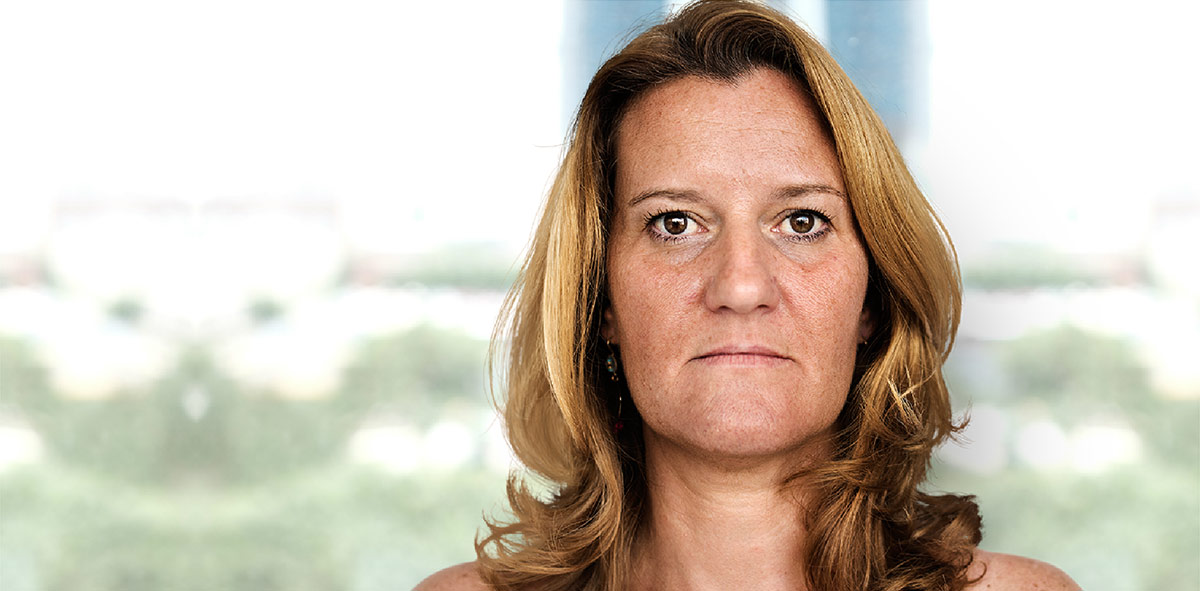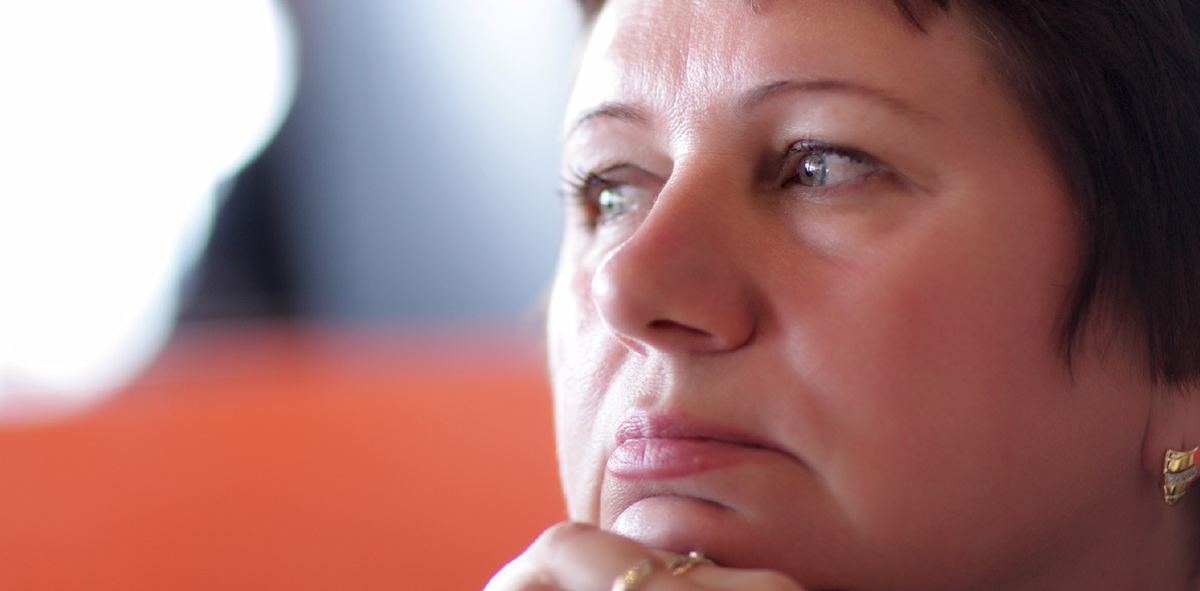Emotional abuse is as destructive and damaging as physical abuse, and can severely impact your mental health. It is often used as a way to maintain power and control over someone. Emotional abuse can involve verbal abuse, ‘gaslighting’ to make a partner question their own sanity, constant put-downs to damage a partner’s self-worth, deliberately causing fear, isolating or stopping a partner from seeing friends and family, bullying and intimidation, and blackmail.
Emotional abuse is never acceptable or justifiable.

At the time, I didn’t know that I was in an abusive relationship. I just thought it was normal but the police officer picked up on it. It is hard to get my head around.
Physical abuse you can see it so people say, “yes, she was definitely abused”. But what about something you cannot see? My Dad was like that, which is why I thought it was normal and why I ended up in a relationship with someone like that.

Things got worse over time. In the beginning he was fine, he was the charming man, lovely guy, thoughtful, always kind. And when I look back now I realise that he started to erode my self-esteem and my confidence really subtly. It was with sarcastic jokes to start with and it was done in such a way that if you laughed along it seems fine, but the joke is still playing on your mind when it’s done so many times. But if asked him to stop because the joke was hurtful, he would turn on you, saying you can’t take a joke. Either way you’d always be in the wrong. He’d always make you feel like you were the idiot and I didn’t realise that’s what was going on to start with.

When you’ve been in long term psychological abuse you start to believe it. When you try to get out of it, you don’t think you’re eligible for a lot of the services and that makes it so hard to get out. I was so full of fear and I didn’t feel deserving. I felt I wasn’t eligible. I was never physically abused. I was never hit. If he had have hit me, it would have been very clear. It was hard trying to understand what was happening – that it was family domestic violence. Someone had to tell me that for me to actually see what was going on – to understand that I’m not being irrational or whiney or ungrateful.
![]()
Recognise behaviour that’s causing harm to you or an older person you know.
![]()
Listen to their story, let them know you understand what they are saying and how they are feeling.
![]()
Level of urgency. Is it an emergency? What are the threats? Is there a possibility of them hurting themselves or others?
![]()
Plan. If at risk, tell them you are concerned and call the Police. If it is not immediately serious, talk to them about a safety plan and where they could go for help.
![]()
Refer. Let them know you are there for them and help them find services.
![]()
Document. Keep a note of what you have done.

WSNTV is a community project to raise awareness, improve understanding, and take action to prevent family and domestic violence in the Peel region.
0437 351 812
peelsaysno@gmail.com
PO Box 1625, Mandurah WA 6210